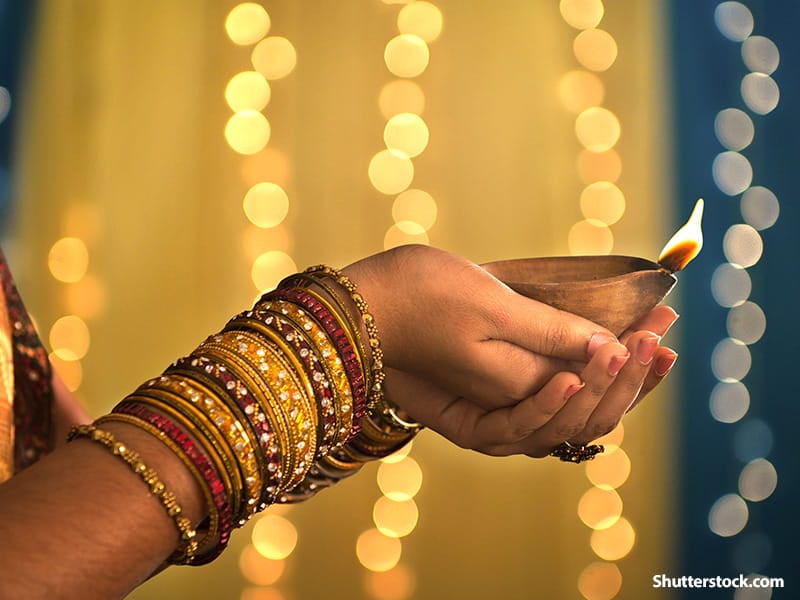The Hindu approach to heath and illness is largely preventative and involves the use of herbs and other natural ingredients with an exercise regime of hatha yoga. The ancient medical science of India is known as Ayur Veda (life science), and it is still practiced today in many places in India. It has also found its way to the West and is popular in naturopathic circles.
Are there any flowers that have a special meaning for a Hindu funeral?
If possible, the body is covered with flowers but the principle organic ingredient of the funeral pyre is sandalwood. The ancient system was to burn the body soon after death. If the person died at night, his body was to be burned before daylight; if she died during the day, the body was to be burned before nightfall. This helped to assist relatives let go of their grief as well as to prevent the spread of any disease that might have been the cause of death.
It is important to note here that all basic Hindu teachings emphasize that a person is not his or her body, but rather the spark of consciousness or spirit within that animates the body. Consciousness is eternal and death is simply consciousness moving from one body to another. Bhagavad-Gita tells us that for the soul there is neither birth nor death.
What is the Hindu/Indian custom regarding a woman if her husband dies? I'm under the impression that in some cases, if the woman is alone and cannot support herself, she joins her husband on the funeral pyre.
In ancient India, women sometimes voluntarily entered the funeral pyre along with their husbands in what was called the "sati rite."
The sati tradition has its origins in the Puranic history. Sati refers to the chaste (sati) wife of Lord Shiva, who is said to have destroyed her own body in mystic fire. The Srimad Bhagavatam narrates that Sati wanted to give up her bodily connection to her father because of his offensive attitude towards Lord Shiva. To do this she became absorbed in mystic yoga and meditated on the fire element within, quitting her body in blazing fire generated from her meditation.
Continued>>
Submit questions on Hinduism to Swami Tripurari by e-mailing
sangaeditor@swami.org or by visiting his website: www.swami.org/sanga.
In days gone by, some women did enter the funeral pyre along with their deceased husbands. In some instances, the departed husbands were the gurus of their wives and both husband and wife were attached to one another in spiritual consciousness. The chastity of these women and their spirituality was honored in ancient times by the society at large. However, today this rite is outlawed, and has been illegal in India for 173 years.
This practice is only abused today by a very few ignorant people. Those who are involved in participating in this ritual in any way risk criminal prosecution in doing so.
What are the Hindu beliefs concerning having a child out of wedlock?
Hindus believe that children will be better served by being born to parents who are committed to one another in marriage. Chapter one, verse 40 of the Bhagavad-Gita tells us that irreligion and the loss of family tradition results in women being taken advantage of by unscrupulous men, the result being unwanted children.
In the commentary to this verse in my book Bhagavad-Gita; Its Feeling and Philosophy, I wrote:
"Although it is certainly true that when irreligion increases women can be taken advantage of, in today's world women can also take advantage of men. Inappropriate mixing of men and women does often produce unwanted children. This section of the Gita extols the virtues of family life which is vital to a healthy society."

